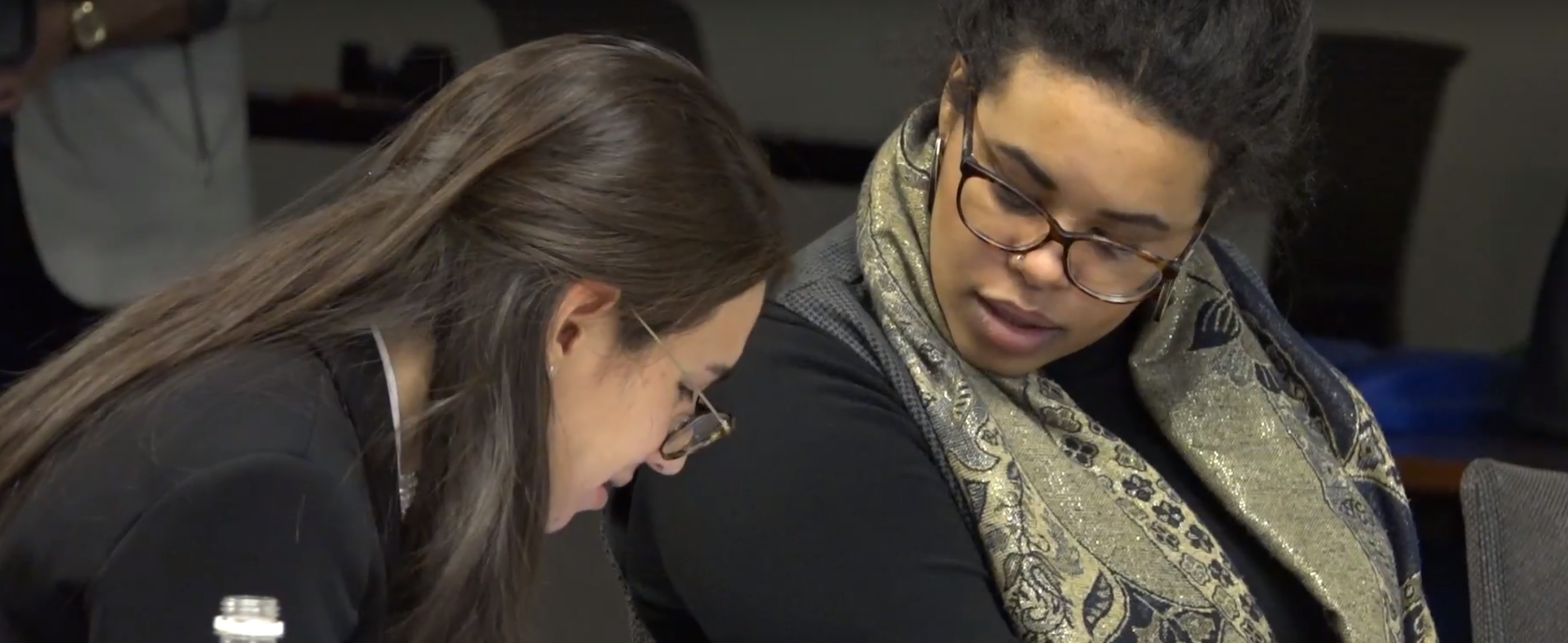In 2006, Tarana Burke created the nonprofit organization Just Be Inc. in order to provide resources and support for survivors of rape and sexual assault. She had been inspired by her experiences working with teens and adults, who, like her, had been abused, and aptly gave a name to this spirit – “me too.”
Over 10 years later, the New York Times published a story from actress Ashley Judd accusing producer Harvey Weinstein of sexual harassment, prompting other actors and actresses to begin coming forward about similar experiences with not only Weinstein but other prominent members of the entertainment industry. Actress Alyssa Milano saw a common spirit in these accounts like Burke did, and united them under a banner by asking people to tag their stories with #MeToo.
In a matter of hours, the movement spread across the major social media channels of Twitter, Snapchat, Instagram and Facebook, with the hashtag being used in over 12 million posts by celebrities and other prominent figures, as well as average citizens.
The maelstrom of accusations that followed dethroned men in power in television, news, film, radio, politics, sports and journalism, and while this has put much attention on them, “what the Me Too campaign really does, and what Tarana Burke has really enabled us to do, is put the focus back on the victims,” Milano said in an interview with New York Times.
Prior to the movement, victims tended to be further abused for coming forward about their experiences. In the workplace, people who came forward may have been viewed as whistleblowers or over-sensitive, and faced potential damage to their own reputation. As Tara Golshan of Vox succinctly put it, “Shame, fear, and cultural norms all allow sexual harassment to go under-reported.”
Not only do victims tend to suffer from repercussions in the setting where the harassment took place, but they also tend to suffer in the greater court of public opinion. Sexual harassment reports often use language to implicate the victim, or frame the story around the negative impact of the event on the perpetrator.
This is why it has become important for reporters to talk about these things in the right way.
On Friday, February 2, DePaul University’s student produced online publication, 14 East Magazine, held the “Reporting on Sexual Assault Workshop” to help young reporters understand the culture of sexual violence and their role in responsibly reporting on incidents of sexual assault. The event hosted professional reporters who had experience reporting on sexual assault, as well as a representative from Rape Victim Advocates, a not-for-profit organization dedicated to the healing and empowerment of sexual assault survivors.
In the time since Milano’s tweet, the “me too” movement has given justice and voices to many victims. The progress in reporting the topic of sexual harassment may be most evident in the fact that TIME Magazine made “The Silence Breakers” their person of the year in 2017. The #MeToo movement helped to create an atmosphere where victims of sexual assault and harassment feel that they can come forward to tell their stories to the media, and that they will be heard. This puts a great deal of responsibility into the hands of reporters and editors, as they are the ones who will have to illustrate these sensitive and painful moments to the greater public.
Throughout the Reporting on Sexual Assault Workshop, one of the major themes was the importance of language used when telling the stories of the survivors. The details a reporter chooses to use or omit in a story about sexual assault can have a powerful impact on how their audience perceives a story. According to Isabel Dieppa, a contributing writer for BUST Magazine and a guest speaker at the event, whether a victim of sexual assault was wearing a low-cut shirt or a mini-skirt when they were attacked is irrelevant to the story, yet including these details invites the reader to view the victim as responsible for being attacked.
Though it may be hard to leave biases and opinions at the door, particularly when dealing with such a powerful subject, the workshop emphasized that is the precise job of reporters. Dieppa and fellow guest speaker Alison Bowen, a features reporter at the Chicago Tribune, highlighted the importance of gathering the facts of a story, presenting them in an unbiased manner, and letting them speak for themselves. They also emphasized that fact-checking and verifying sources are always a top priority for any journalist, but the stakes of these responsibilities are even higher when dealing with a subject as sensitive as sexual assault and the implications these stories can have on the lives of those involved.
Different terms were used throughout the course of the workshop: harassment, groping, assault, rape – all of them powerful in their own right. The message the panel gave to incoming reporters was that all of these words carry a certain level of meaning – and it is the duty of journalists to make sure the public understands the importance of any reported sexual misconduct.
Marissa Nelson, the director of development for 14 East, played an instrumental role in coordinating the workshop. When asked what she hoped current and aspiring journalists were able to take away from the event, she had this to say:
“I hope they took away how their language matters… Also, that it’s a learning process and that it’s ok to have those conversations, because I feel like on sensitive topics like sexual violence — it’s hard to talk about them and you’re kind of afraid to talk about them, so then you don’t — and that doesn’t help anything,” Nelson said. “That doesn’t help the culture of violence, that doesn’t help the reporting, and so it’s really important to have those conversations. So I hope if anything, if no one learned anything, they at least feel comfortable having conversations now.”




NO COMMENT